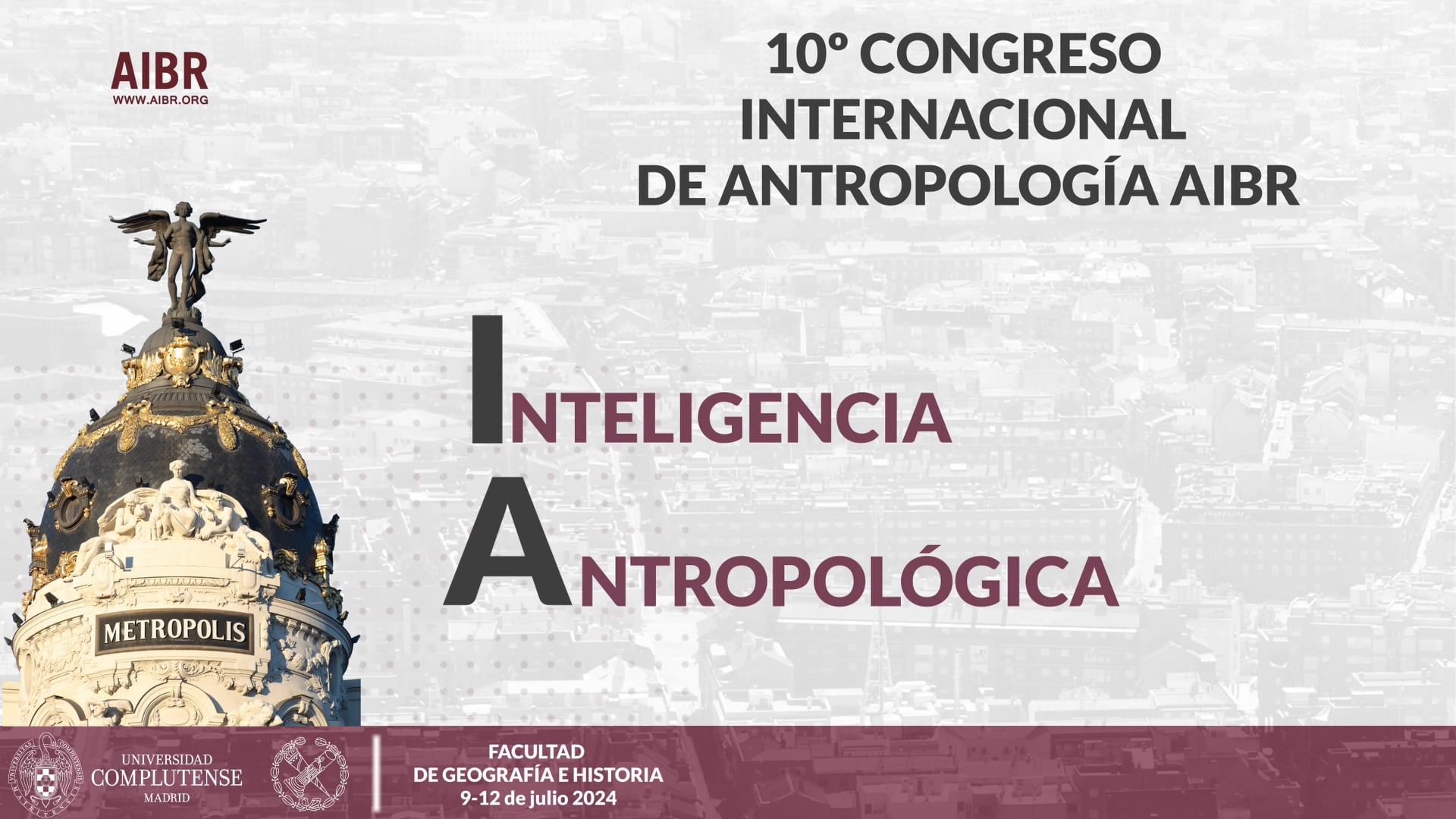This paper examines the phenomenon of overtourism and its counterpart undertourism, with a comparative look at cities affected by this phenomenon in Spain (Barcelona, Valencia) and Canada (Montreal, Quebec). The discussion will focus on the nature of this crisis, and by extension, the consequences it has generated from one city to another based on their respective sociocultural contexts, as well as the evolution of the crisis and its spread in each of the cities. To this end, these cities will be studied through different scale variations that underlie three major phases that these cities have experienced or are experiencing. The first phase is one of excessive attractiveness, at the end of which a city reaches the point of no return in terms of tourist overcrowding. The second is the denial phase, where a city fully experiences the crisis without realizing it, thus continuing to capitalize on attractiveness "success". The third is the awareness phase, where a city begins to take preventive measures to mitigate the effects of the crisis, or curative measures to remedy the damage suffered. The adopted methodology is qualitative and relies on ethnographic surveys conducted in the aforementioned cities. These consist of semi-structured interviews and direct and participant observation, all supported by an analysis of press reviews covering the periods before, during, and after the COVID-19 pandemic.










